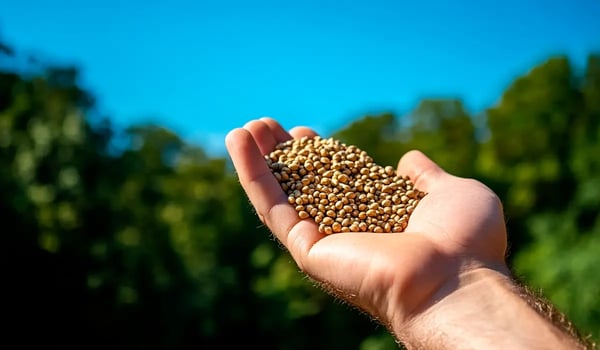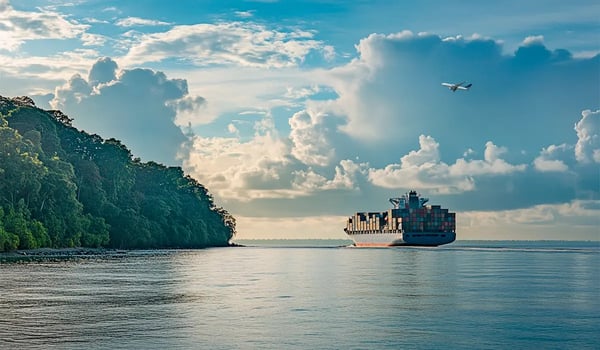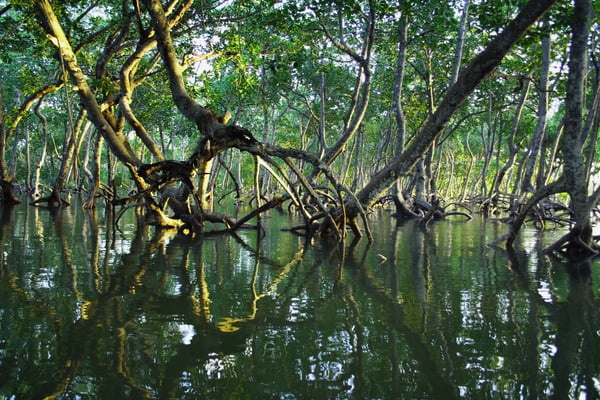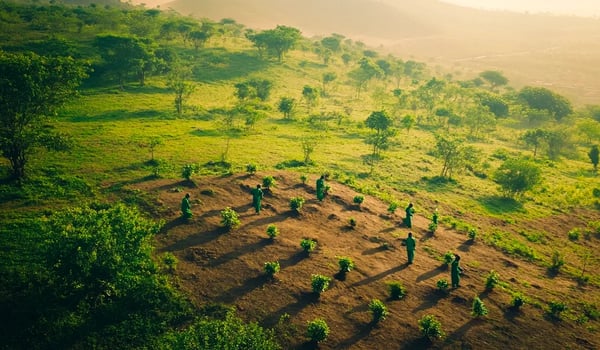Google is accelerating its commitment to carbon removal, securing nearly 800,000 tonnes of CO2...
Paris Airports Seek Large Volume of Carbon Credits
In a significant move towards achieving net zero targets, Aéroports de Paris (ADP) is actively seeking to purchase a substantial volume of carbon credits. This initiative comes as Paris gears up for the upcoming Olympic Games, underscoring the urgency and commitment to sustainability in the face of major international events.
ADP, which operates Charles de Gaulle, Orly, and Bourget airports, is in the market for two lots of carbon credits, totaling 100,000 tonnes. This effort is poised to give a considerable boost to France's domestic carbon market, particularly benefiting projects under the Label Bas Carbone (LBC) scheme.
Focus on Label Bas Carbone Credits
Although ADP has not yet specified the exact types of carbon credits it will procure, sources indicate a strong likelihood of inclusion for LBC credits. The LBC scheme is predominantly composed of afforestation, reforestation, and revegetation (ARR) projects, as well as soil carbon initiatives. These projects are integral to France's domestic carbon offset strategy and are crucial for enhancing biodiversity and improving soil health.
Market Dynamics and Pricing
As ADP prepares to solicit applications from suppliers, the market for LBC credits is showing robust activity. Prices for LBC ARR credits range between €22 ($24) and €40/tCO2e ($43), while soil carbon credits are priced between €36 and €45. This pricing reflects the varying costs and impacts of different types of carbon offset projects.
Interestingly, some African carbon credits for later delivery this year are available at a comparatively low price of $15/tCO2e, highlighting regional cost disparities. European credits expected later this year are anticipated to transact above €20 ($22), maintaining a higher price point due to stricter regulatory environments and higher operational costs.
Global Carbon Credit Market Trends
The carbon credit market is witnessing diverse trends across different regions and project types. For instance, Chinese ARR credits recently traded below $4/tCO2e, showcasing significant regional price variability. Similarly, VCS cookstove credits from C-Quest Capital are offered at $6.50/tCO2e, though their fair value is pegged closer to $4, aligning with breakeven costs.
In the REDD+ market, traders are largely cautious, awaiting the full implementation of Verra's new methodology, VM0048. This hesitation underscores the critical role of robust and transparent methodologies in driving market confidence and participation.
Future Prospects and Challenges
While ADP's move to secure carbon credits ahead of the Olympics is a positive step, it also highlights ongoing challenges in the voluntary carbon market (VCM). Discussions around rescuing unsold vintages from REDD+ and clean cookstove projects indicate a need for innovative solutions to address market imbalances and ensure the viability of diverse carbon offset initiatives.
Despite a quieter market for biochar, recent small transactions at $205/tCO2e suggest there is still niche demand for specific types of carbon credits.
Conclusion
The Paris airports' initiative to purchase a large volume of carbon credits marks a significant step towards sustainability and highlights the dynamic and complex nature of the global carbon credit market. As ADP navigates this process, it underscores the importance of diverse, high-quality carbon offset projects in achieving net zero targets and fostering a robust domestic carbon market in France.






